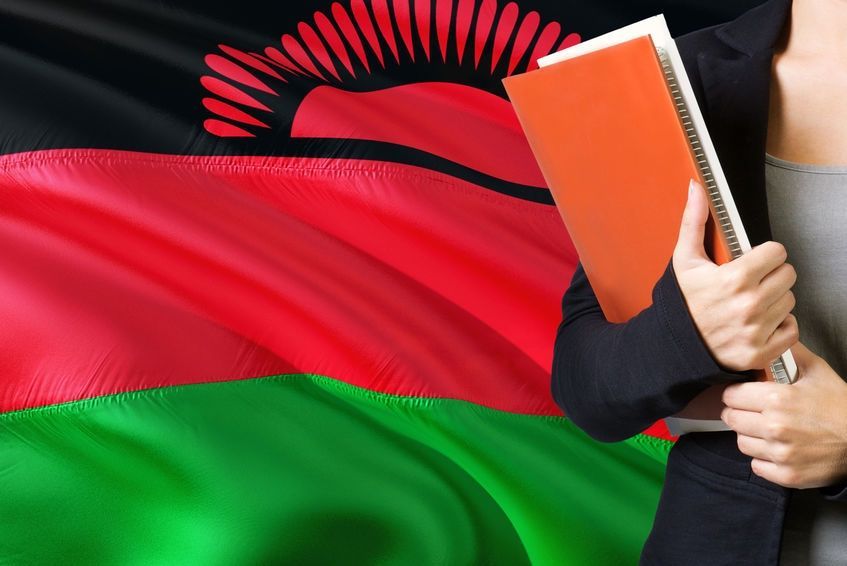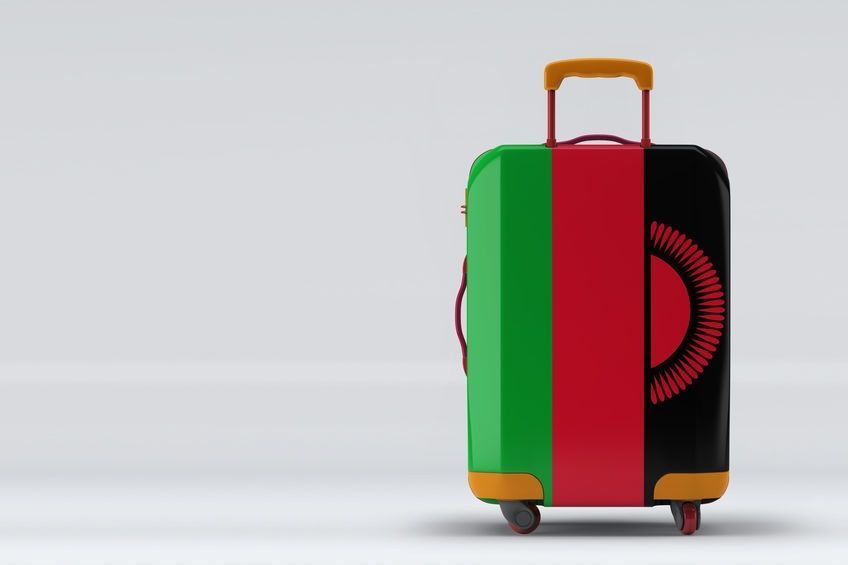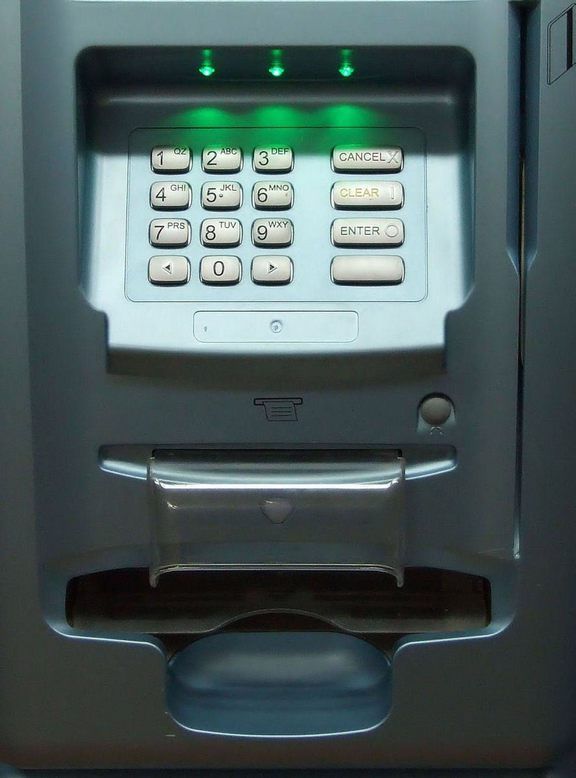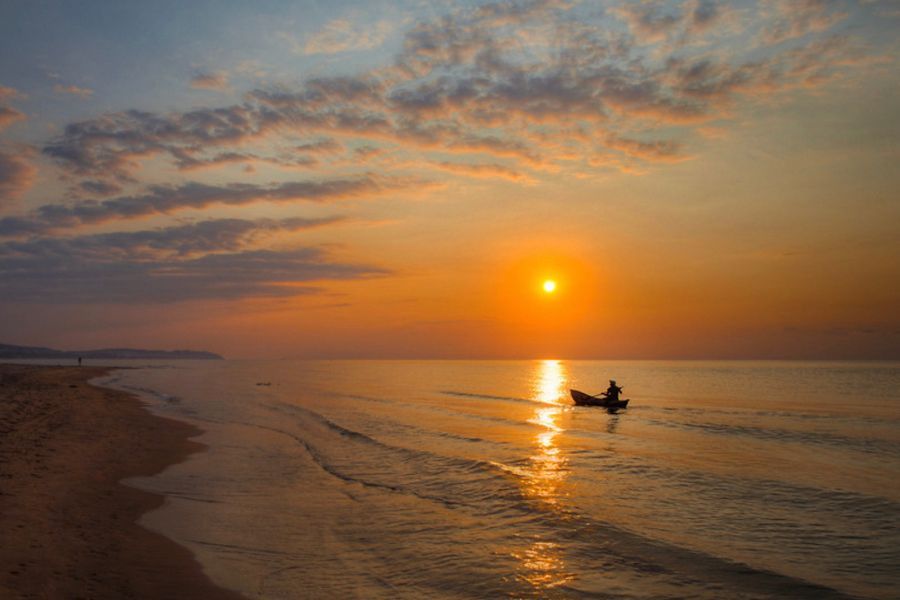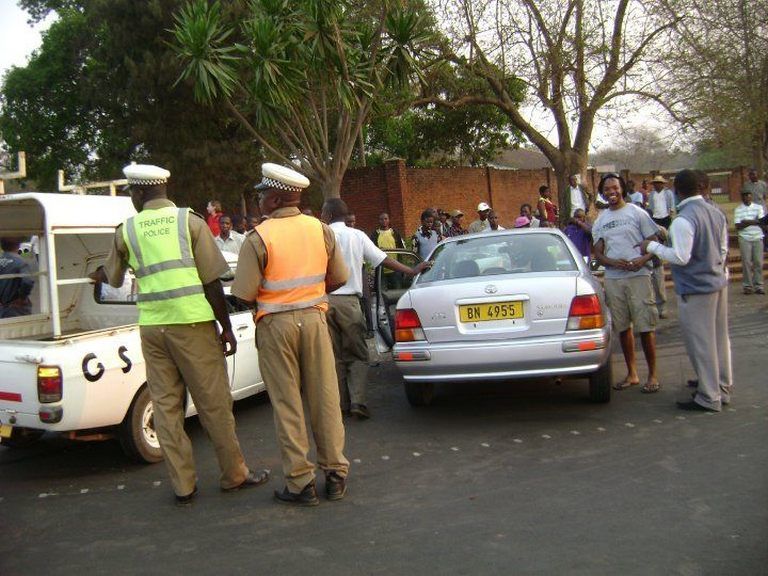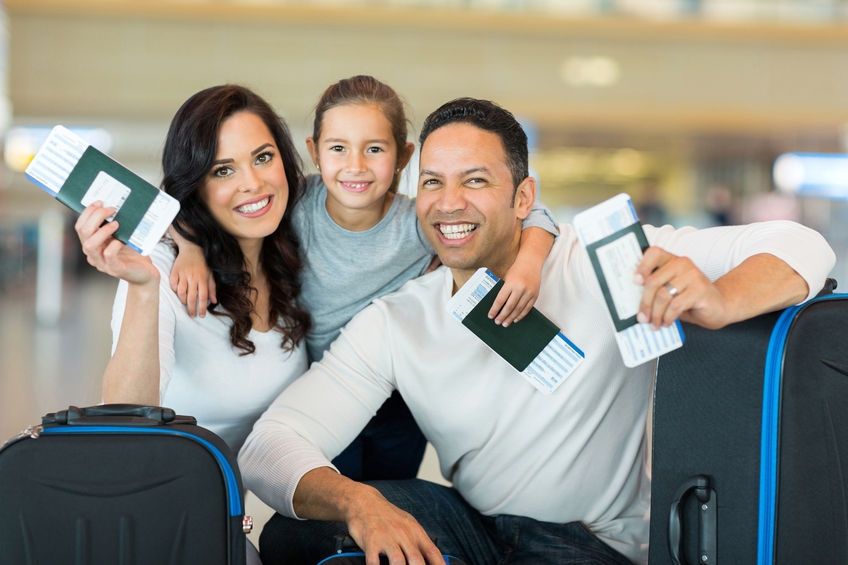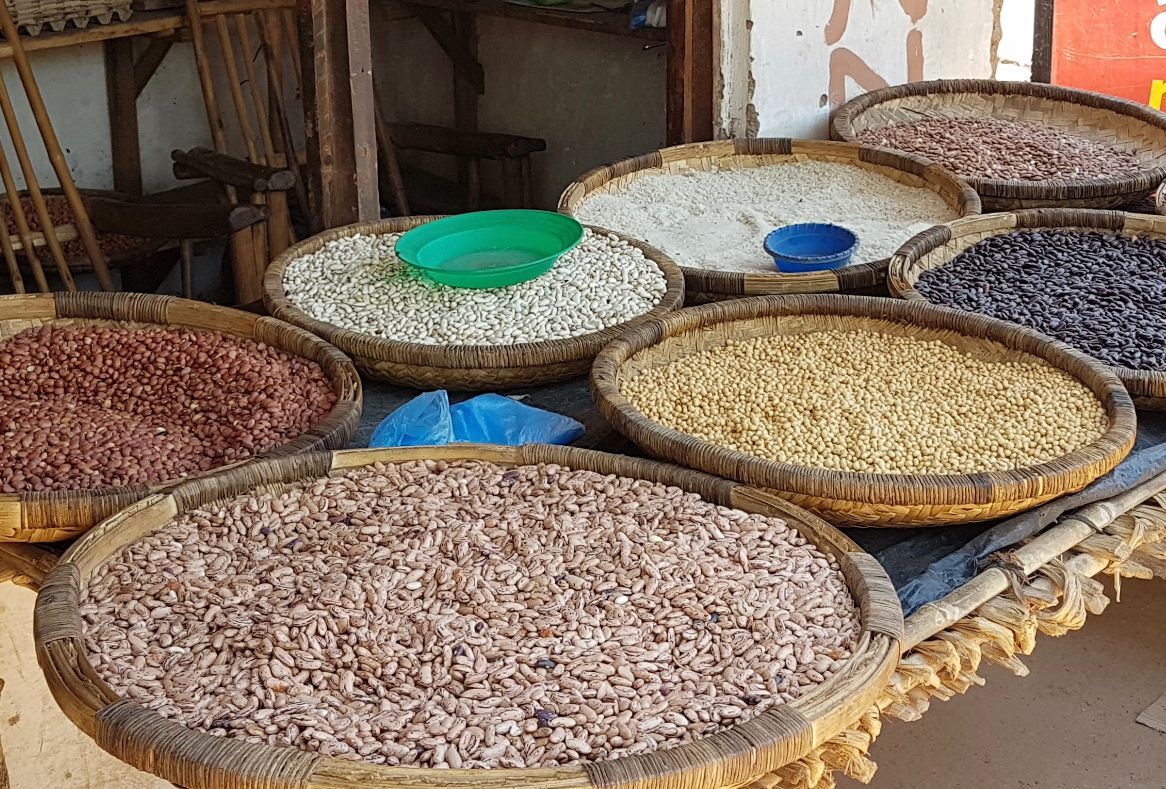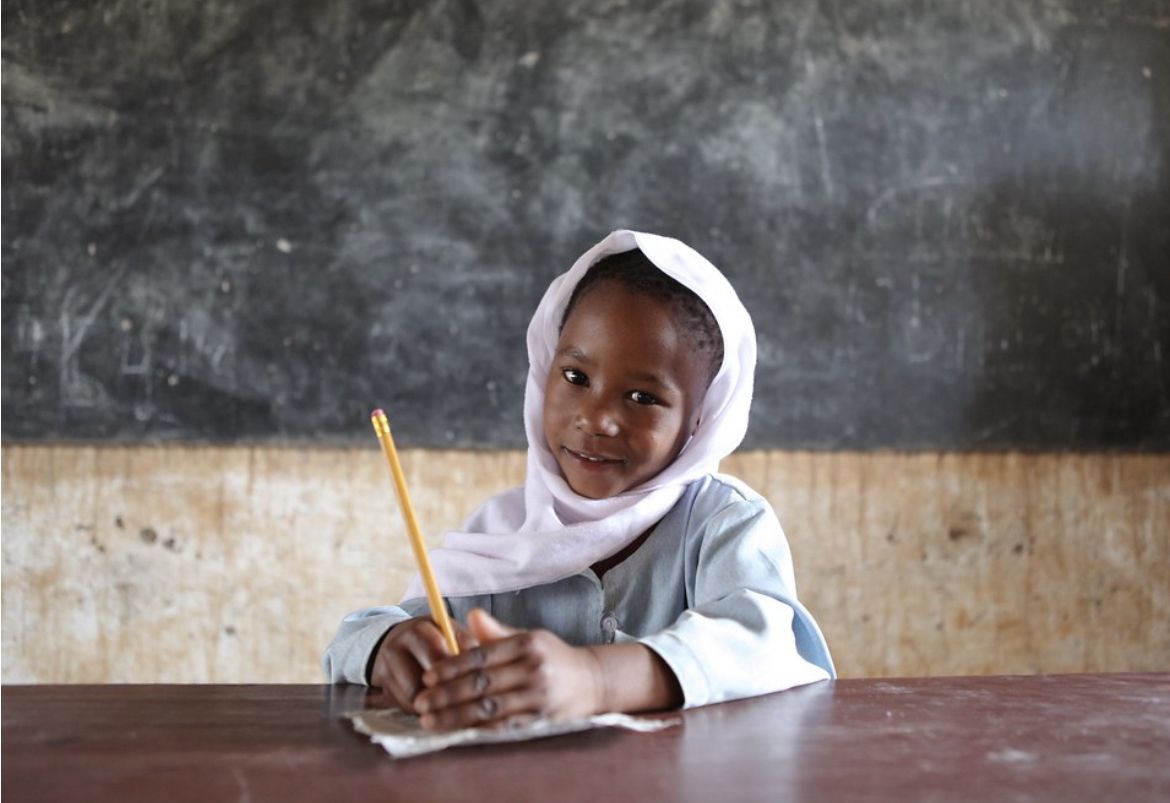When to Go/Climate
Malawi is a year-round destination with parks and reserves staying open in all seasons and only a handful of lodges choosing to have short annual periods of closure for refurbishment.
Malawi has two seasons: dry and wet. The dry season is between May and October, of which within this, May to August is a cooler time of the year with bright sunshine and fresh evenings. Temperatures start to rise in September and remain high throughout the rainy season, which runs from November to April. The heaviest rains are often in December, January and February. Variations in the prevailing weather depends on your geographic location and altitude. The lower lying shore areas are warmer all year round, while temperatures in the highlands are refreshingly cool in the day with chilly evenings: particularly in winter. Highest average recorded temperature in Malawi is 26.17 degrees Celsius and lowest average is 15.83 degrees Celsius.
Health & Safety
The main health risks in Malawi are Malaria and travelers’ diarrhea. So, travelers must take prophylaxis against Malaria, use insect sprays, mosquito repellants, and mosquito nets, to prevent themselves from catching Malaria. To diminish the chance of diarrhea, consuming tap water and icecubes are not advised, raw fruits must be washed before eating, and only hot, well-cooked foods should be consumed.
Immunisation against polio, rabies, tetanus, typhoid and hepatitis A is recommended. Proof of Yellow fever absence or immunisation is required by visitors entering from a yellow fever zone. There is a risk of contracting bilharzia if bathing in some parts of Lake Malawi. Also in the surrounding hotels and pools because the water comes from the lake. Although serious if left to develop, the infection is relatively easily to be avoided. . Profylactic medication “praziquantel” is adviced 6 weeks after you have been in the lake or used water around the lake. Buy this at the local pharmacy, no need for a prescription. Malawi is a high risk area for HIV, 9% of the population is HIV positive. Unprotected sex should be avoided to prevent the transmission of HIV/AIDS. If bitten by a street dog, monkey, or any animal, seek medical attention as soon as possible.
Hospitals in Malawi are available but most of them do not have all the resources that you are used to. It is advised to bring own supply of medications if taking regular prescriptions. Comprehensive medical insurance is highly advised. Hiking should be done with caution as there are poisonous snakes, spiders, and other insects.
If you are in need of a doctor, dentist or pharmacist, go to the hospital(s) or dentist(s) en pharmacy(s) listed under the health, safety and beauty sections of each region. Contact your Insurance company so they can help you with your care, - arrangements and payments.
Malawi is among the safest top 36% countries in teh world and top 20% in Africa and Malawians are rightfully known for their friendliness. However, the usual precautions should be taken as would be advised for tourists anywhere. One rule in general: do not walk the streets after dark. Driving a car is fine but beware of potholes, people, anmimals and other drivers. Use a driver if you want to have a drink anywhere (see how to get around in every region). He/she will pick you up and collect you at the right time for safe home coming.
Language
Major languages in Malawi which are spoken in most tourist areas include Chichewa and English. Check out our Chichewa/english dictionary and courses.
Dress
Dress is generally informal. Swimwear and skimpy clothing should be confined to the beach resorts. For safaris, “natural ” colours should be worn in preference to light/bright colours. In the uplands, especially in the winter (April-September), it can be cold in the evening and extra layers may be needed. It can be very cold on morning or night safari drives. If going out to diner with Malawians expect to dress up if you do not want to be underdressed.
Currency
Malawi’s unit of currency is the kwacha (abbreviated to MK internationally; K locally). The kwacha divides into 100 tambala. Practically speaking, only the kwacha is used. Banks in the towns are open weekdays from 08.00 to 13.00. Mobile banks operate along the lakeshore and in more remote areas (check days/times locally). Travellers Checks or foreign (hard) currency notes are widely accepted. If using dollars to pay for your tours and accommodation, please be aware that $1 bills will not be accepted or exchanged; the minimum domination able to be changed is $5. Avoid black market currency traders. There is no limit to the amount of foreign currency imported but it must be declared and accounted for on departure. Only MK3000 of local currency may be exported. There are 24-hour ATMs in Lilongwe, Blantyre and Mzuzu. Only local currency is dispensed and that is limited daily to approximately the equivalent (depending on exchange rates) of GB£226, Euro 265; US$288.
Time
Malawi time is GMT+2, as with most of southern Africa.
Duty-free
Duty-free allowances for arrivals in Malawi are 200 cigarettes, one liter of spirits, wine, beer and consumer goods for immediate needs. Travelers returning back home may purchase up to 200 cigarettes, one liter of alcohol, and gifts up to a value of $400 duty-free.
Tourist Office
Malawi tourism Association: +265-1-761-443 or http://www.malawitourism.com/
Emergencies
Emergency services: 199 or 997
Public Holidays
|
|
2024 |
|
New Year’s Day |
1st Jan |
|
Chilembwe Day |
15th Jan |
|
Martyrs’ Day |
3rd Mar |
|
Good Friday |
29th of March |
|
Easter Monday |
1st of Apr |
|
Labour Day |
1st of May |
| Eid al Fitr | 9th of April |
|
Kamuzu Day |
14th May |
|
Independence Day |
6th Jul |
|
Mother’s Day |
15th Oct |
|
Christmas Day |
25th Dec |
|
Boxing Day |
26th Dec |
If a holiday falls on a Saturday or Sunday, then the next Monday becomes a holiday. Muslim festivals may also be celebrated in some areas.
Electricity
Supply is based on the 220/240 volts system, using “British type” square bayonet three-pin plugs.
Communications
The telephone system is reasonably reliable, though mobiles can often be easier to get through to than landlines. Sim cards for local mobile phone networks are widely available and relatively cheap and easy to use but you have to register the number. Most hotels and offices are readily reached by e-mail.
Internet
Across the country, most accommodation and restaurants catering to foreigners offer wi-fi, generally operated by Skyband (www.skyband.mw). The advantage of this system is that you can buy a voucher (typically MK2000 for 500MB) and use it at multiple locations. The disadvantage is that Skyband hot spots can be hit and miss and your kwacha goes fast, so many residents prefer to access the internet on their phone using an Airtel (Airtel) SIM card. TNM (www.tnm.co.mw) SIM cards are not as good for surfing the web. Mobile-phone data typically costs MK5000 for 1GB, valid for 30 days.
Wi-fi is rarely free in budget accommodation but may be in midrange and top-end places. You’ll find internet cafes in Lilongwe, Blantyre and most towns.
Post office & Couriers
The postal system tends to be slow. International courier DHL operates in Malawi.
TV & Radio
There is a national TV station, though its primary output is news. In addition, many city center hotels receive international satellite channels. There are English language radio broadcasts.
Photography
Any camera equipment is best brought into the country and care should be taken to avoid its exposure to extremes of heat. Most Malawians will not mind being photographed but it is common courtesy to ask permission first.
Shopping
Small supermarkets are found in towns and larger villages. Large supermarkets and European style shops are almost exclusively found in Blantyre and Lilongwe. Markets and roadside vendors are popular with travelers. Attractive souvenirs are the excellent wood carvings, widely available, and straw goods together with work by local artists. The standard of craftwork varies but at its best is quite outstanding. In the markets, bargaining is expected. Traditional Chief’s chairs are popular. Shops and offices open and close earlier in the day than is the custom in Europe or North America.
Travel Responsibly
Malawi’s tourist industry has a very important role to play in the well-being and development of Malawi and its people. Tourism operations have strong links to their local communities, for whom they are often the main employer in the region. As well as the tourism being an important sector for the country’s sustainable economic development, most operators support their local communities and help preserve Malawi’s natural resources through charitable projects funded primarily by themselves and their guests. Their focus is always on providing sustainable assistance that will ultimately decrease dependancy.
Malawi Travel is an approach to tourism that maximises the benefits to local communities, minimises negative social and environmental impacts and helps local people to conserve fragile cultures and habitats. People travelling to Malawi will be greeted at lodges, driven round and guided by members of local communities who are all benefitting from the growth of tourism within the country. Accommodation owners and tour operators recognise their role in ensuring the benefits of tourism reach local communities whether it be through local employment practices, ensuring their operations run with minimum environmental impact and in some cases through the active promotion of ecotourism activities within Malawi. To ensure Malawi retains its wonderful cultures and habitats it is inherent for both visitors and those within the industry to contribute to the field of responsible travel and ensure the country benefits from tourism.
Tourism does have the potential to be a significant engine of economic growth for Malawi and already the vast majority of lodges are ensuring that it has a direct, positive effect on the country and on as many Malawians as possible, as well as being sustainable for future generations. One thing you can be sure of in Malawi is that your tourism Dollar, Euro or Pound (or Kwacha!) is one that is very well spent.
Family Travel
Malawi is in 2022 in the top 45% peaceful countries in the world and in the top 20% peaceful places to visit in Africa! Together with the variety of its stunning wildlife opportunities, beautiful landscapes, friendly and relaxed cultural interactions and beach-fringed lake, makes the country a top destination for families. The country has an excellent and reliable tourist infrastructure, an impressively large number of activities on land and in the water, and with its size, is very easy to travel around without the need for extreme long journeys. All of these features, plus the friendliest, most welcoming people on the continent (who just love children!), and a majority of great lodges and hotels who expressly cater for families, makes this an ideal country for family travel.
Politics
Malawi was once part of the Maravi Empire. It was ruled by the British in colonial times, under whose control it was known first as British Central Africa and later Nyasaland. It became part of the Federation of Rhodesia and Nyasaland. The country achieved full independence, as Malawi, in 1964. After independence, Malawi was ruled as a one-party state under Hastings Kamuzu Banda until 1994. There was an increasing unrest and pressure from Malawians to have a multi-party democracy. On 14th June, 1994, the people of Malawi voted overwhelmingly in favor of multiparty democracy. Free and fair elections were held on 17th May, 1994 of which the Leader of the United Democratic Front (UDF), Bakili Muluzi, was elected President in those elections. His first term in office brought the country greater democracy and freedom of speech, assembly, and association – a stark contrast to life under Hasting’s regime. On 15th June, 1990, Malawi held its second democratic elections and Bakili Muluzi was re-elected to serve a second five-year term as president, despite an MPC-AFORD Alliance that ran a joint slate against the UDF.
In 2004, Muluzi’s handpicked successor, Bingu wa Mutharika of the UDF, was declared the winner of a presidential election. Mutharika faced a number of political challenges and in February 2005, he left the UDF and announced his intention to form a new party, the Democratic Progressive Party (DPP). On 19th May, 2009, Mutharika was re-elected to run for presidency. On 5th April, 2012, Mutharika suffered a heart attack and his death announced on 7th April, 2012. His Vice President, Joyce Banda, was sworn in as acting president that same day. On 20th May, 2014, elections were held and Peter Mutharika who was standing for DPP, won the elections and was sworn in as president on 31st May, 2014. Lazarus Chakwera of the MCP, and Saulos Chilima, the vice president, who, after falling out with Mutharika, was now competing against him under the banner of the United Transformation Movement (UTM). Mutharika was declared winner but there were allegations of widespread incidents of vote tempering, and Chilima and Chakwera challenged the results in a case heard by the country’s Constitutional Court. The court’s highly anticipated ruling was issued in February 2020, and the court found that the results were seriously compromised. As such, it annulled the results of the presidential election and ordered a new election to be held within 150 days. The rerun of the presidential election was held on 23rd June, 2020, and Lazarus Chakwera was declared the winner of which Saulos Chilima, who this time around was Chakwera’s running mate, was sworn in as vice president the same day, and are in office up to date.
The Malawi people are of Bantu origin and comprise of many different ethnic groups. These include Chewa, Nyanja, Yao, Tumbuka, Lomwe, Sena, Tonga, Ngoni, Ngonde, Asian and European, with each group having their unique language and traditional practices.



